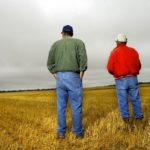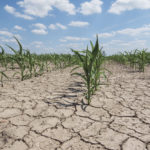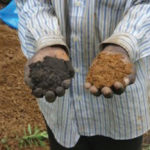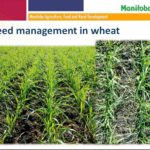
Tag Archives Agronomy
Editorial: Peace and prosperity

Agricultural Hall of Fame: Gordon McPhee
Four Manitobans were inducted into the Manitoba Agricultural Hall of Fame at a ceremony in Portage la Prairie July 14. Over the next few weeks, we’re featuring each one with their citations

There’s an economic case for strip till
The technique can save time and organic matter when it comes to soybean production

Developing a Canadian food advantage
Farmers and the industry need to actually demonstrate that their products are produced sustainably

Editorial: Long-term plans essential

Canadian farmers can’t ignore public engagement
More than 93 per cent of Canadians admit to knowing little or nothing about how their food is produced

Crop breeding is not keeping pace with climate change
Yields are likely to fall if the current trendline continues, researchers say

Centuries-old African soil technique could combat climate change
Adding kitchen waste and charcoal to nutrient-poor rainforest soils makes them capable of supporting intensive farming

Recent rains help crops and weeds
Herbicide-resistant weeds make controlling weeds even harder
Manitoba Crop Report and Crop Weather report: No. 5
Conditions as of May 30, 2016


